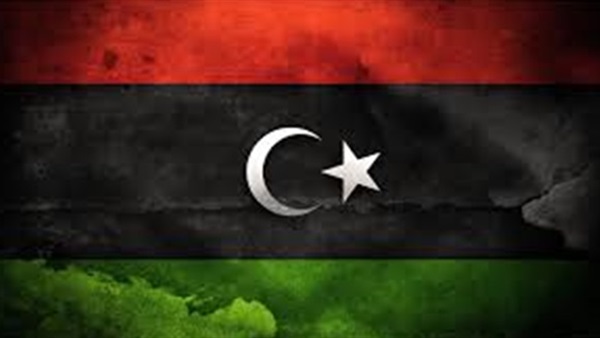Will Libyan Presidential Council initiative succeed in bridging political rift?

Mohamed al-Menfi, head of the Libyan Presidential Council,
put forward a new initiative to settle the escalating crisis in the country
after renewed disagreements between Parliament Speaker Aguila Saleh and High
Council of State Chairman Khaled al-Mishri against the background of the
parliament’s approval of the Constitutional Court law, which will be based in
the city of Benghazi and is entrusted with the jurisdiction of the
Constitutional Chamber of the Supreme Court, which prompted the latter not to
communicate with the representatives until the law is repealed.
The initiative of the Libyan Presidential Council aims to
prepare the ground for a constitutional dialogue that ends the transitional
period by holding a consultative meeting between the House of Representatives,
the High Council of State and the Presidential Council under the auspices of UN
Envoy Abdoulaye Bathily, which is consistent with the call that the latter had
made on December 3, in which he demanded the need to launch a joint dialogue to
ensure the participation of all actors in the political scene in agreeing on
the terms of this initiative in a way that expands the scope of internal
support for it.
Indications
The initiative put forward by the Libyan Presidential
Council reflects a number of important indications related to the successive
changes occurring in this crisis. It aims to exploit the recent differences
between the House of Representatives and the state to strengthen Menfi’s role
in Libya and prevent his removal from the scene, especially since the meeting
that was supposed to be organized between Saleh and Mishri in the city of
Zintan was expected to produce a new agreement to restructure the executive
authority, which threatens the continuity of the current Presidential Council.
Menfi may be seeking from this proposed initiative to cling to his chances of
remaining relevant.
The initiative confirms the escalation of pressures and
tensions between the Presidential Council and the outgoing head of the
Government of National Unity, Abdul Hamid Dabaiba. Some of the features of this
escalation emerged in the recent diplomatic crisis regarding the visit of Greek
Foreign Minister Nikos Dendias to Tripoli, which was canceled, with the
expansion of the range of parties supporting the idea of changing Dabaiba’s
government and forming a new unity government that will assume responsibility
for the transitional period and preparation for the upcoming elections, as well
as the possibility of the Presidency Council’s involvement in the movements of
the House of Representatives and the High Council of State to form a new
government.
International support
The initiative of the Libyan Presidential Council has
received international support to put pressure on the House of Representatives
and the High Council of State to settle the recent disputes that emanated from
the file of the new Constitutional Court law. Estimates indicate that the new initiative
put forward by the Presidential Council recently, which is likely to be
supported by the UN mission, may aim at attempting to withdraw the file of
constitutional rule from the House of Representatives and the High Council of
State after the efforts of all parties faltered in reaching consensus on
controversial articles and completing this file. Thus, the Presidential Council
may seek to revive its previous initiative related to presenting a
constitutional rule and to convince the House of Representatives and the High
Council of State of it.
Despite the international support, the nature of the
internal and external contexts confirms that this initiative will not bear the
desired fruits and will be doomed to failure, as there have been many
initiatives announced by the Presidential Council, whether with regard to the
national reconciliation file or the previous initiative that it had put forward
to present a new constitutional rule, all of which failed, raising doubts about
the success of the new initiative.
It reflects the recent tensions between the House of
Representatives and the High Council of State following the adoption of the law
establishing the first constitutional court in Libya and the possibility of the
judicial authority slipping into the current political conflicts, especially
with the call of High Council of State Chairman Khaled al-Mishri for judges to
boycott the court, which raises many fears of the possibility of turning the
judicial authority into a party to the conflict.
This fear is reinforced by the appeal filed by a number of
lawyers on December 5 before the administrative court of the Tripoli Court of
Appeal against the memorandum of understanding signed by the Dabaiba government
with Turkey in October 2022.





